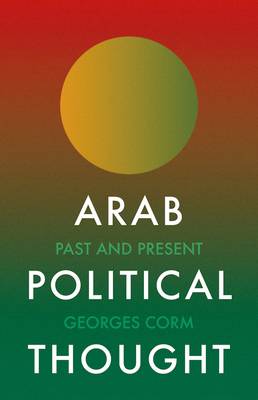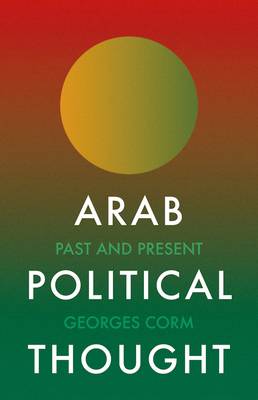
- Retrait gratuit dans votre magasin Club
- 7.000.000 titres dans notre catalogue
- Payer en toute sécurité
- Toujours un magasin près de chez vous
- Retrait gratuit dans votre magasin Club
- 7.000.0000 titres dans notre catalogue
- Payer en toute sécurité
- Toujours un magasin près de chez vous
Description
This book demonstrates the vitality of Arab political thought and its major controversies. It shows that the key players involved, far from being constrained by a theological-political straitjacket, have often demonstrated strong critical thinking when tackling religion and philosophy, anthropology and politics. Setting these thinkers and their works within two centuries of upheaval in the Arab world, Georges Corm demonstrates how Arab critical thought has been marginalized by powerful external forces: the military, the academy and the media. In its place has risen a hegemonic Islamist thought, used cannily by certain Arab regimes and their Western protectors. Closely tracing the successive transformations of modernist Arab nationalism, Arab Political Thought offers a blueprint for understanding the libertarian Arab Spring, as well as the counter-revolutions and external interventions that have followed. This invaluable guide comprehensively distils the complexity of Arab intellectualism, which is both critical and profane, and a far cry from the outdated politico-religious image it has acquired.
Spécifications
Parties prenantes
- Auteur(s) :
- Editeur:
Contenu
- Nombre de pages :
- 288
- Langue:
- Anglais
Caractéristiques
- EAN:
- 9781849048163
- Date de parution :
- 01-02-20
- Format:
- Livre relié
- Format numérique:
- Genaaid
- Dimensions :
- 145 mm x 218 mm
- Poids :
- 612 g

Les avis
Nous publions uniquement les avis qui respectent les conditions requises. Consultez nos conditions pour les avis.






